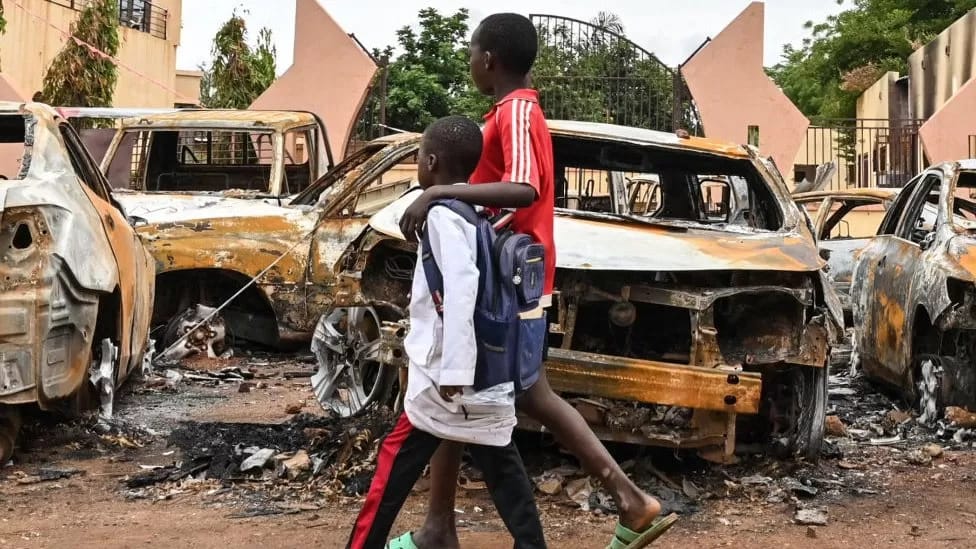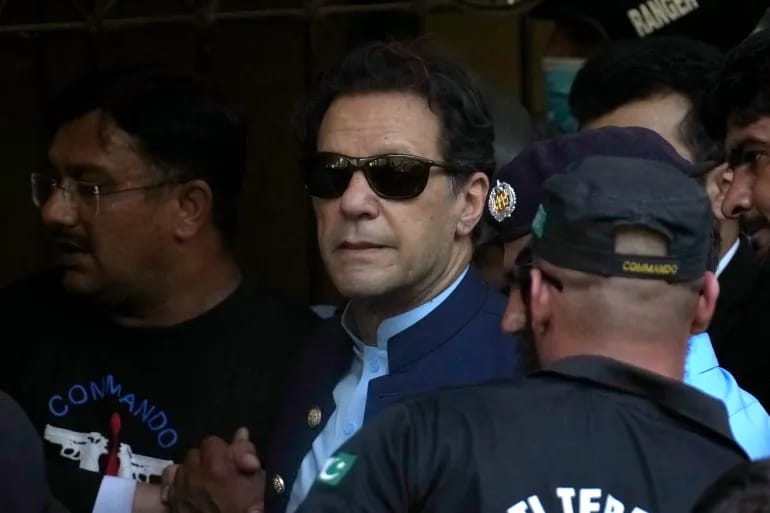The Wagner mercenary group from Russia is capitalizing on the current state of instability in Niger, as highlighted by US Secretary of State Antony Blinken in an exclusive interview with the BBC. Following the recent ousting of President Mohamed Bazoum, Niger has been under the rule of a junta, sparking concerns of potential involvement with Wagner. Despite dispelling notions of direct instigation, Blinken emphasized the worrisome prospect of the group’s expansion across the Sahel region. The situation raises alarms as the Wagner group’s track record of causing turmoil, destruction, and exploitation looms large, echoing a trend seen in other nations.
Junta Rule Amidst Instability:
Niger finds itself navigating turbulent waters after the ousting of President Mohamed Bazoum two weeks ago. The military junta that has taken control of the country’s governance is under scrutiny for its alleged engagement with the Wagner mercenary group. Speculations have arisen regarding the junta’s entreaty for assistance from Wagner, which already has a presence in neighboring Mali. Amid this uncertainty, global powers are closely watching the unfolding events, with the United States expressing concerns about the potential escalation of insecurity in the region.
Wagner’s Controversial Presence:
US Secretary of State Antony Blinken underscored that while Russia and Wagner did not initiate Niger’s coup, they sought to exploit the ongoing turmoil. Blinken stated that wherever the Wagner group ventures, a trail of death, destruction, and exploitation follows. This sentiment has been echoed by numerous reports highlighting the group’s involvement in human rights abuses across various African countries. Wagner’s presence, often cloaked in lucrative business interests, has become synonymous with destabilization, raising apprehensions about its potential influence in Niger’s fragile state.
International Concerns and Diplomatic Maneuvers:
Niger’s internal upheaval has sparked international apprehension, leading to a complex web of diplomatic engagements. Both the United States and France maintain military bases within Niger as part of their efforts to counteract jihadist groups operating across the broader region. France, in particular, made Niger its main military base after being forced to exit Mali following a coup. As Wagner’s involvement remains a pressing concern, US Deputy Secretary of State Victoria Nuland engaged in direct talks with the coup leaders to address the risks tied to collaborating with mercenaries. This underscores the delicate balance of power and alliances in the Sahel region.
As the situation continues to evolve, international stakeholders are closely monitoring Niger’s trajectory and the potential ramifications of its association with the Wagner mercenary group.
















